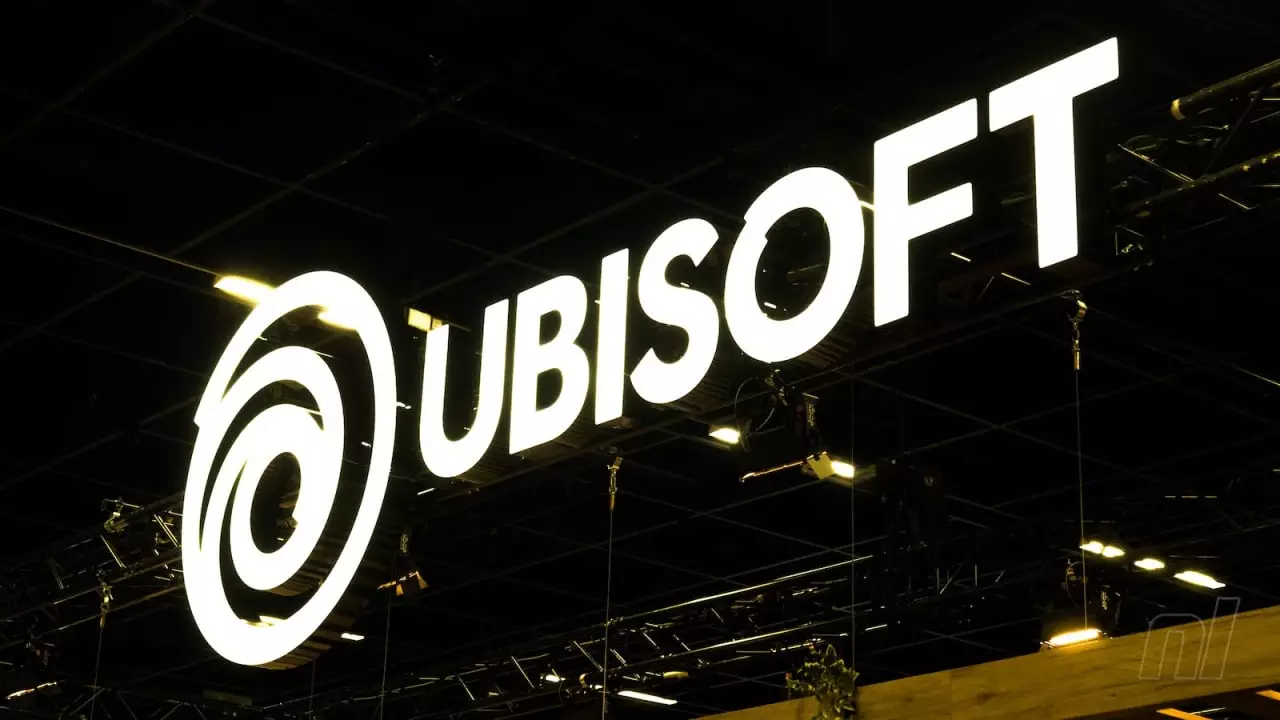In a momentous shift for the gaming landscape, Ubisoft has embarked on an ambitious transformation plan, particularly in its approach to some of its most beloved franchises. The announcement of a new subsidiary dedicated to titles like Assassin’s Creed, Far Cry, and Rainbow Six signifies a pivotal moment for the company. With Tencent, a powerhouse in the gaming industry, investing €1.16 billion for a minority stake, this partnership not only enhances Ubisoft’s financial position but also serves as a clearer avenue towards more innovative gaming solutions. This investment translates to a commitment to deliver richer, evergreen gaming experiences that resonate across multiple platforms.
As gaming continues to evolve, collaborations like this are vital for developers who want to stay relevant in a rapidly changing market. Ubisoft’s decision to bring Tencent’s expertise into the fold demonstrates an acute awareness of the industry’s shifting dynamics and the need for resilience against competitors.
Transforming Franchises into Ecosystems
Ubisoft is championing the idea of “evergreen” gaming ecosystems, which marry high-quality narrative experiences with robust multiplayer interactions. This concept reflects a growing trend in the industry where developers strive to create not just standalone games but expansive ecosystems that foster community and longevity. By emphasizing social features and integrating free-to-play touchpoints, Ubisoft aims to entice a broader audience that extends beyond dedicated gamers.
This approach rewards loyal fans while simultaneously welcoming new players into their universes. The commitment to expediting the release of new content alongside developing robust multiplayer dynamics indicates a proactive response to the increasing demand for constant engagement. In an age where gamers crave immediate, diverse content, Ubisoft’s strategy could redefine how its franchises are consumed and enjoyed.
A New Era for Ubisoft’s Franchises
Yves Guillemot, co-founder and CEO of Ubisoft, heralded this initiative as a foundational step toward an agile and ambitious operational model. This declaration is significant; it signals a departure from traditional frameworks that may have constrained innovation. Guillemot’s vision to cultivate not only existing franchises but also to cultivate new intellectual properties echoes a broader trend in the gaming industry — the relentless quest for creativity and originality.
By focusing on the dual objectives of brand enhancement and innovation, Ubisoft is setting the stage for a vibrant future. The establishment of a dedicated leadership team for the new subsidiary speaks volumes about the intention to cultivate a niche focus. This team is presumably empowered to act decisively, a strategic advantage that could foster unique and tailored experiences for players.
Adapting to Player Expectations
Ubisoft’s commitment to “delivering enriching, memorable games” is a promise that reflects a deep understanding of player expectations. Today’s gamers are not just seeking entertainment; they desire experiences that forge connections and foster community. The gaming industry’s trajectory has shown that narratives are more impactful when players can engage deeply, sharing their journeys with others.
This is foremost evident in the growing number of streaming platforms, where viewers are not just passive observers but active participants in the gaming discourse. As Ubisoft enhances its narrative offerings and expands multiplayer elements, it’s crucial for them to embrace this participatory culture. Engaging players on platforms like Twitch or Discord could not only enhance player satisfaction but further solidify brand loyalty.
Looking Ahead: Challenges and Opportunities
While Ubisoft’s new direction is promising, it is not without potential pitfalls. The gaming community can be notoriously fickle, with player expectations soaring alongside technological advancements. Hence, maintaining quality while ambitiously expanding could pose a challenge. Moreover, the reliance on Tencent raises questions about creative control and the long-term implications of such partnerships.
Nonetheless, middleware innovations and advanced technologies provide opportunities for Ubisoft to exceed those expectations. By leveraging insights from player behavior and engagement metrics, Ubisoft can tailor its content roadmaps effectively. Ubisoft’s landscape is shifting; navigating its future requires not only savvy partnerships but a commitment to creativity and boldness in executing this newfound vision.
Ultimately, as Ubisoft opens this new chapter in its storied history, the gaming world watches closely, eager to see how this transformation unfolds.

